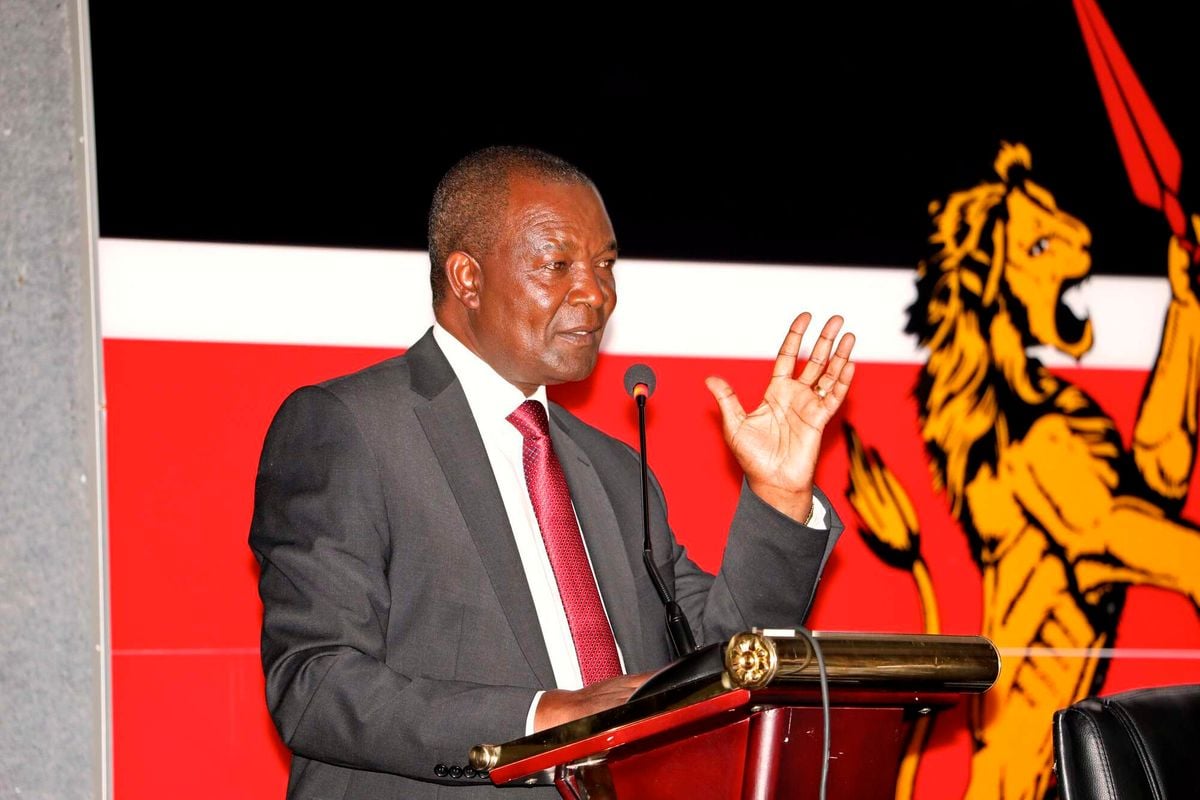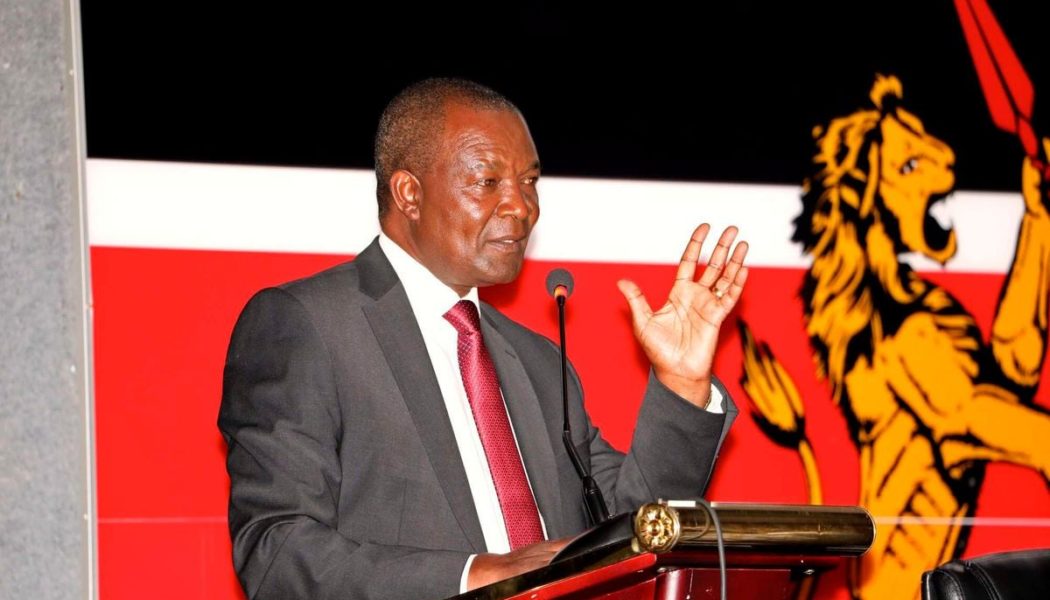
Treasury Cabinet Secretary Njuguna Ndung’u has tabled far-reaching legal changes that seek to provide a new framework for establishing, controlling, and measuring performance of government-owned enterprises (GOEs).
The Government Owned Enterprises Bill 2024 seeks to overhaul governance structures and enhance accountability for commercial State-owned enterprises where it controls over 50 percent shareholding.
Entities targeted by the Bill are those engaged in business guided by commercial tenets and do not rely on Treasury’s annual budgets for funding. The Treasury says the changes are aimed at creating value for the public.
Establishment of Government Owned Enterprises (GoE)
The Bill provides for clear procedures for setting up commercial entities. The proposed law gives powers to the Cabinet to approve establishment of GoEs by the Companies Act. The line or relevant ministry will be required, through the Treasury, to prove the business case for setting up a new commercial entity, informed by a feasibility study report.
The study should ascertain financial and economic viability and give reasons why the business activity cannot be performed by existing entities. This will likely cure the current situation where the President and Cabinet Secretaries have powers to set up parastatals using procedures provided for in various laws such as the State Corporation Act and Public Finance Management Act.
Critics have argued that failure to adhere to procedures coupled with ambiguous definitions in the various laws has led to a proliferation of State-owned entities, some of which have overlapping and duplicative roles.
Management of GoEs
The Bill provides that commercial parastatals shall be managed by a 10-member board of directors. It shall comprise a chairperson, who is an independent director, six independent directors, a nominee each by the Treasury and line ministry as well as a chief executive officer. The CEO shall be an ex officio member of the board.
President loses powers in appointment of chairpersons of GoEs
The chairperson shall be elected from among the independent directors. This is unlike the current arrangement where the President appoints chairpersons in commercial entities fully owned by the government. The President also currently has powers under the State Corporation Act to give general or specific directions to the board on the performance of their functions. This has in the past been criticised for partly interfering with the management of State-owned entities, resulting in suboptimal performance.
The Bill provides that the person to be elected chairperson must have proven business leadership or relevant professional experience with experience of at least five years in senior management or leadership, among other qualifications.
Selection panel to nominate independent directors to the board
The Bill provides that the Treasury Cabinet Secretary appoints a team to “conduct a structured, transparent and competitive process of search and selection of persons for nomination” to the board if the entity is fully owned by the government. The CS will then appoint the independent directors from the list of nominees.
The process appears close to that followed when appointing members to independent constitutional commissions. This is expected to bring in some level of independence in decision-making by the board which oversights the performance of the management. This is likely to mitigate cases of patronage and undue influences from the government in the appointment of board members of parastatals as was established by Presidential Taskforce Report 2013.
Qualifications for members of the selection panel include demonstrable leadership or senior managerial experience in the private or public sector for at least 10 years. The panel shall develop its procedures for thiring of directors to the board, and will be required to “maintain a proper record of all its meetings, including minutes”.
For commercial entities that are not fully owned by the State, the CS for Treasury will participate in the election of independent directors by shareholders proportionate to the government stake. This is more or less the same process followed under the current legal framework.









